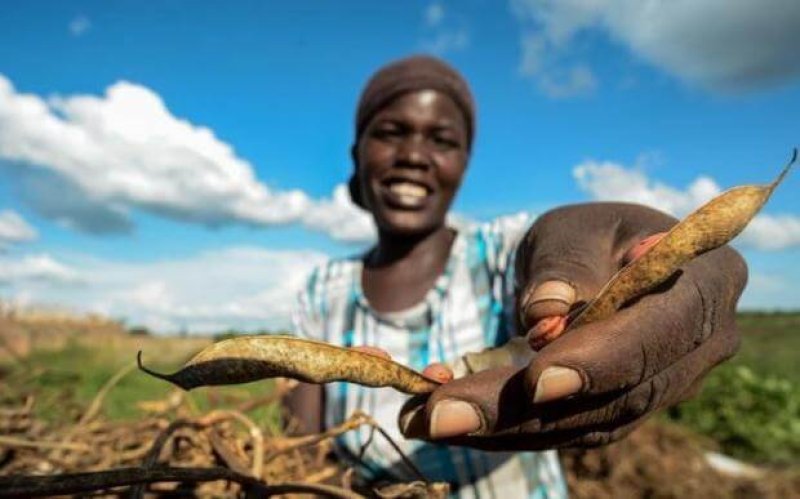Drought conditions continue to contribute to famine in Africa, prompting a search for crops that are not only drought-resistant but provide a high yield. A so-called “super bean” has been developed that may give hope to hunger-prone areas of Africa.
The “super beans,” are being described as “a fast-maturing, high-yield variety,” and the International Center For Tropical Agriculture (CIAT) claims the beans are “bred by conventional means to resist the drought conditions.” This means the beans are produced by conventional genetic selection and are not a genetically modified crop.
…
Experts claim the red-stripped NABE15 bean is valuable for several reasons. Not only is it resilient to drought, but the beans also cook quickly and resist most crop-killing pests. And while the beans may not be invincible, officials are confident they will do very well.
“It’s very hard to breed any single bean variety with the very best of traits — early maturing, drought-tolerant, pest-tolerant, high micronutrients. That would be the super, super bean,” said Debisi Araba, the African head of the Center for Tropical Agriculture.
Araba adds, “But that’s what we are working toward. There are genetic editing tools available now that give scientists the ability to map out these genetic varieties and potentially we start looking at the possibility of breeding these super, super crops.”
Read full, original post: Africa given new hope against famine with ‘super beans’































